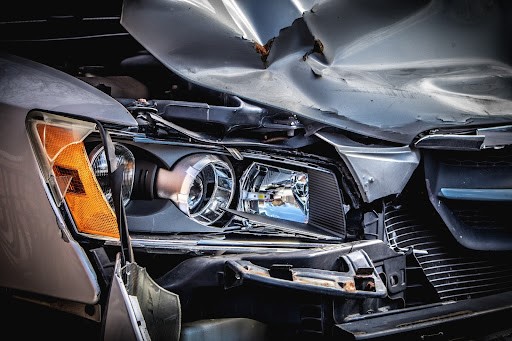
The moments after a car accident can be harrowing and filled with confusion and panic. Regardless of whether it’s a minor fender-bender or a major collision, there are essential steps everyone should follow to ensure their safety and protect their interests.
This guide will walk you through the critical steps you need to take immediately after a car accident.
Ensure Safety First After a Accident
Before anything else, it’s vital to make sure everyone involved is safe. If the accident is minor and it’s safe to do so, move vehicles out of traffic to a safe location. But if there’s significant damage or if someone is injured, it’s best not to move the cars. Put on your hazard lights to alert other drivers of the situation.
While we’re on the topic, it’s worth noting the top causes of car accidents. Distracted driving, driving under the influence, speeding, and weather conditions often top the list. Recognizing these causes can remind us of the importance of safe driving practices and perhaps help in preventing future incidents.
Check For Injuries after Accident
Check yourself and others involved for injuries. If anyone is injured or unresponsive, call 911 immediately. Even if the injuries seem minor, it’s always best to seek medical attention, as some symptoms may not appear immediately after the crash.
Call The Police
Regardless of the accident’s severity, always call the police. They’ll provide an official report, which can be essential for insurance claims. Ensure you provide an accurate account of the accident but avoid admitting fault or laying blame at this point.
Gather Information
While waiting for the police, gather as much information as possible:
- Names, addresses, and contact details of all drivers and passengers.
- License plate numbers, insurance information, and driver’s license details.
- Names and contact details of witnesses.
- Take photos of the accident scene, including damages to vehicles, any skid marks, and the general scene. These can be invaluable when making an insurance claim.
Avoid Discussing The Accident
It’s natural to want to talk about the accident with others involved, but it’s essential to limit your discussions. Only speak about the accident with the police, medical professionals, and your attorney. Admitting fault or making statements about the crash can affect your insurance claims or potential legal proceedings.
Notify Your Insurance Company
Report the accident to your insurance company as soon as possible. Provide them with the information you gathered at the scene.
Many insurance companies have mobile apps that can guide you through the process of reporting an accident. Ensure you’re honest about the details, as lying can lead to the denial of your claim.
Seek Medical Attention
Even if you feel fine after the accident, it’s essential to see a doctor. Some injuries, like whiplash or concussions, may not present symptoms immediately. A thorough medical check-up can ensure you’re not overlooking any potential injuries and provide documentation for insurance or legal claims.
Document Everything
Keep a record of any medical expenses, repairs, or other costs related to the accident. Maintain a journal of your physical and emotional state following the crash, noting any pain, discomfort, anxiety, or other symptoms. This documentation can be essential for insurance claims or potential lawsuits.
Consider Consulting An Attorney after Accident
Depending on the accident’s circumstances, you might benefit from legal advice. An attorney can help you understand your rights, navigate the claims process, and ensure you receive fair compensation if another party’s negligence caused the accident.
Monitor Your Emotional Wellbeing
Physical injuries are apparent after an accident, but emotional scars can take longer to identify. It’s not uncommon to experience anxiety, depression, or post-traumatic stress after a severe accident. If you’re feeling overwhelmed, seek professional counseling or therapy to help process the experience.
Conclusion
The aftermath of a car accident can be overwhelming. However, by following these essential steps, you can safeguard your interests, ensure the well-being of all involved, and pave the way for a smoother recovery process. Remember, safety comes first, and always prioritize your health and well-being above all else. Safe driving to all.










